News
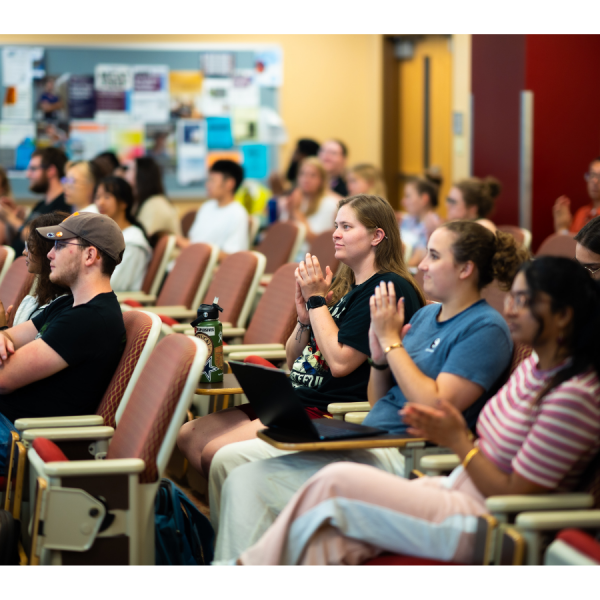
Jan 06, 2025
Fourth annual Big Ten Neuroscience Symposium to convene at Penn State
The Penn State Neuroscience Institute, through the Huck Institutes of the Life Sciences and the Penn State College of Medicine, will host the Big Ten Neuroscience Annual Meeting on July 21 and 22 at the Nittany Lion Inn in State College.
Full Article

Jan 02, 2025
Pet dogs often overlooked as spreader of antimicrobial-resistant Salmonella
A team of Penn State researchers have found that household dogs are an overlooked transmission point for zoonotic pathogens such as nontyphoidal Salmonella.
Full Article

Jan 28, 2025
New Annual Summit Focuses on Graduate Student Resiliency
Earlier this month, the Huck Institutes, in partnership with the J. Jeffrey and Ann Marie Fox Graduate School at Penn State, hosted the Inaugural Huck Institutes T32 Summit.
Full Article
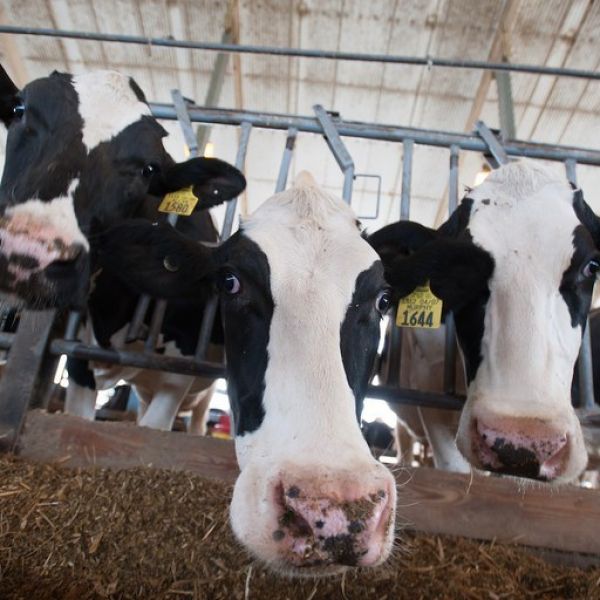
Jan 02, 2025
New treatment for dairy cows could help fight antibiotic resistance, study finds
A concentrated sugar solution could be just as effective as antibiotics at treating a common infection in dairy cows, according to a new study led by researchers at Penn State.
Full Article
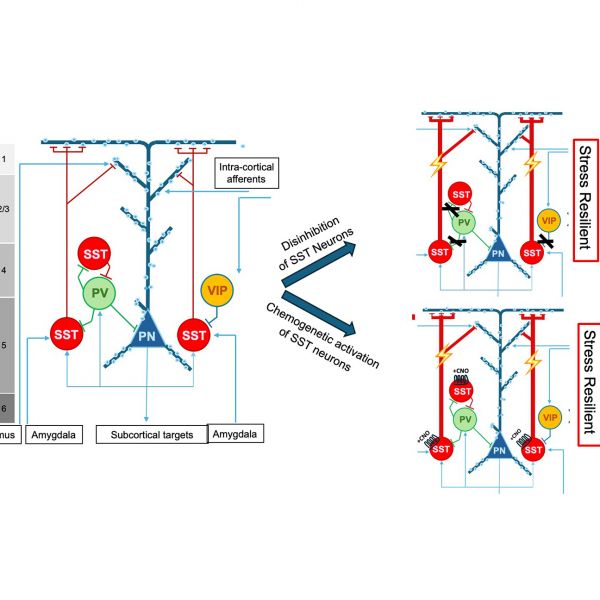
Dec 17, 2024
Brain regions that relieve effects of chronic stress in mice differ based on sex
In two new studies, researchers made mice resilient to stress by activating neurons in different brain regions and found that the changes involved are highly sex-specific
Full Article

Dec 12, 2024
Relieving chronic stress in the brains of male and female mice
In two new studies, researchers made mice resilient to stress by activating neurons in different brain regions and show that the brain regions and gene expression changes involved are highly sex-specific.
Full Article
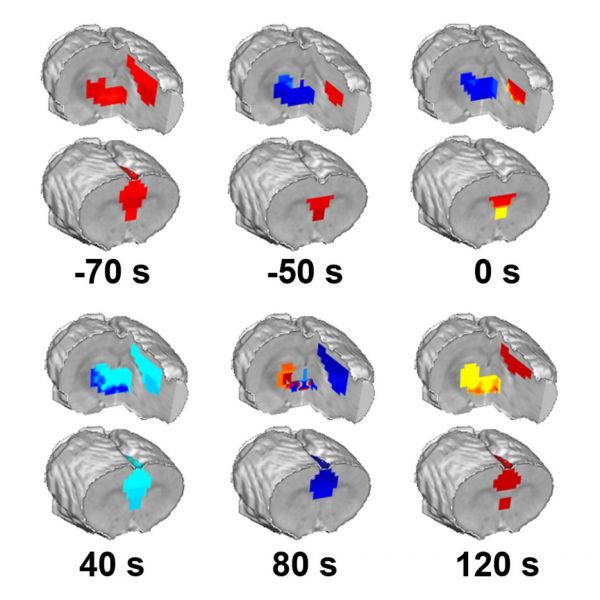
Dec 11, 2024
Brain mechanisms underpinning loss of consciousness identified
Rapid activity in three brain regions appears to trigger loss of consciousness, researchers at Penn State find.
Full Article
Dec 09, 2024
Tracking immune cell brain cancer therapies with ultrasound
National Cancer Institute awards biomedical engineering researchers $3.2M to study immune cell-based cancer treatment.
Full Article
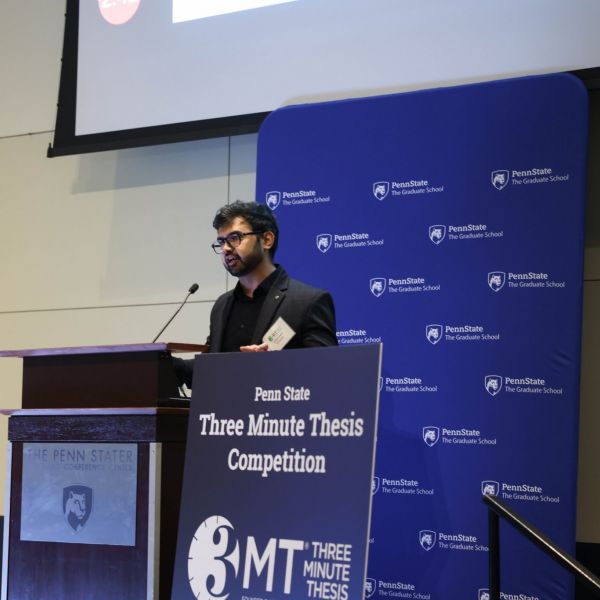
Dec 06, 2024
Finalists named for Penn State 2024-25 Three Minute Thesis competition
Ten graduate students from eight academic programs have been named finalists for the 2024-25 Penn State Three Minute Thesis (3MT) competition.
Full Article
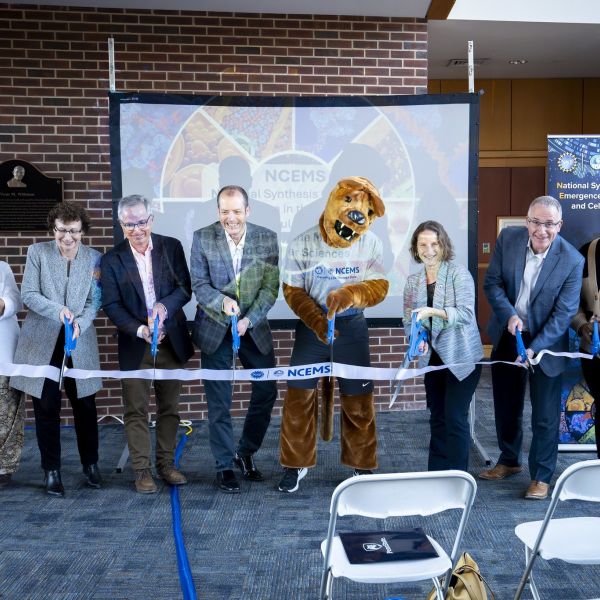
Dec 02, 2024
Heard on Campus: Launch of new center in molecular and cellular sciences, NCEMS
Reception celebrates new NSF-funded National Synthesis Center for Emergence in the Molecular and Cellular Sciences at Penn State.
Full Article